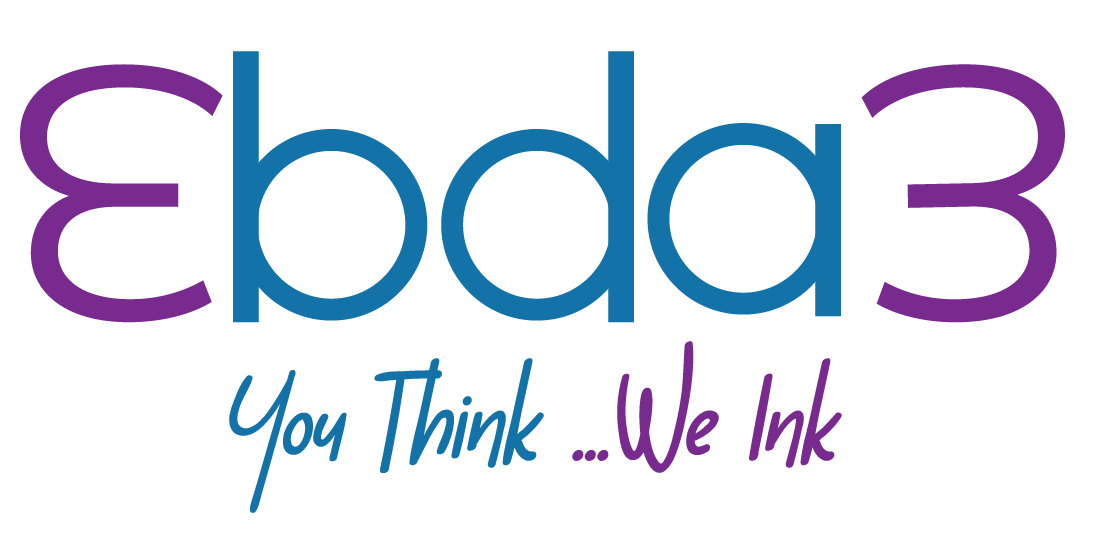Content Marketing Strategy: The 7 Golden Rules for Success

Introduction:
In today’s digital landscape, content marketing has become a crucial aspect of every business’s growth and success. A well-executed content marketing strategy can help drive brand awareness, engage target audiences, and generate valuable leads. However, without a clear plan and direction, content marketing efforts can easily fall flat. To set you on the path to success, we present to you the 7 golden rules for an effective content marketing strategy.
Know Your Audience:
The first rule of any successful content marketing strategy is understanding your target audience. Start by creating buyer personas that represent your ideal customers. Dive deep into their demographics, interests, pain points, and preferences. By knowing your audience inside out, you can create content that resonates with them, captures their attention, and provides genuine value.
Define Clear Goals:
Without well-defined goals, your content marketing strategy may lack direction and purpose. Determine what you aim to achieve through your content efforts. Are you looking to increase brand awareness, drive website traffic, generate leads, or boost sales? Set specific, measurable, attainable, relevant, and time-bound (SMART) goals to guide your content creation and evaluate success.
Develop a Consistent Brand Voice:
Consistency is key when it comes to content marketing. Establishing a consistent brand voice helps build recognition and trust with your audience. Define the tone, style, and personality that align with your brand values and target audience. Whether it’s informative, conversational, or humorous, ensure your brand voice remains consistent across all content channels, be it blog posts, social media updates, or video content.
Create Valuable and Relevant Content:
To captivate your audience, your content must provide genuine value and relevance. Strive to create high-quality content that educates, entertains, or solves problems for your target audience. Conduct thorough research, leverage your industry expertise, and address your audience’s pain points. By consistently delivering valuable content, you establish yourself as a trusted resource and encourage audience engagement and loyalty.
Optimize for Search Engines:
Search engine optimization (SEO) plays a vital role in content marketing success. Conduct keyword research to understand the terms and phrases your audience uses when searching for relevant content. Incorporate these keywords naturally throughout your content, including in titles, headings, meta descriptions, and body text. Additionally, focus on other SEO best practices, such as optimizing page load times, using descriptive URLs, and building high-quality backlinks.
Leverage Different Content Formats:
Variety is crucial in content marketing. Experiment with different content formats to cater to the diverse preferences of your audience. Alongside blog posts, explore options like infographics, videos, podcasts, webinars, and social media content. Different formats allow you to convey your message creatively and reach a broader audience. Monitor and analyze the performance of each format to identify what resonates best with your target audience.
Promote and Distribute Strategically:
Creating exceptional content alone isn’t enough; you must also ensure it reaches the right audience. Develop a strategic content distribution plan that leverages various channels and platforms. Utilize social media platforms, email marketing, influencer collaborations, guest blogging, and content syndication to extend your reach. Consistently promote your content through these channels, monitor engagement metrics, and adjust your distribution strategy accordingly.
Conclusion:
Crafting an effective content marketing strategy requires a combination of creativity, research, and strategic planning. By following these 7 golden rules, you lay a solid foundation for success. Remember to consistently evaluate and adapt your strategy based on audience feedback and performance metrics. With a well-executed content marketing strategy, you can build brand authority, engage your target audience, and drive meaningful business results.
Learn more about: Content Marketing Strategy





